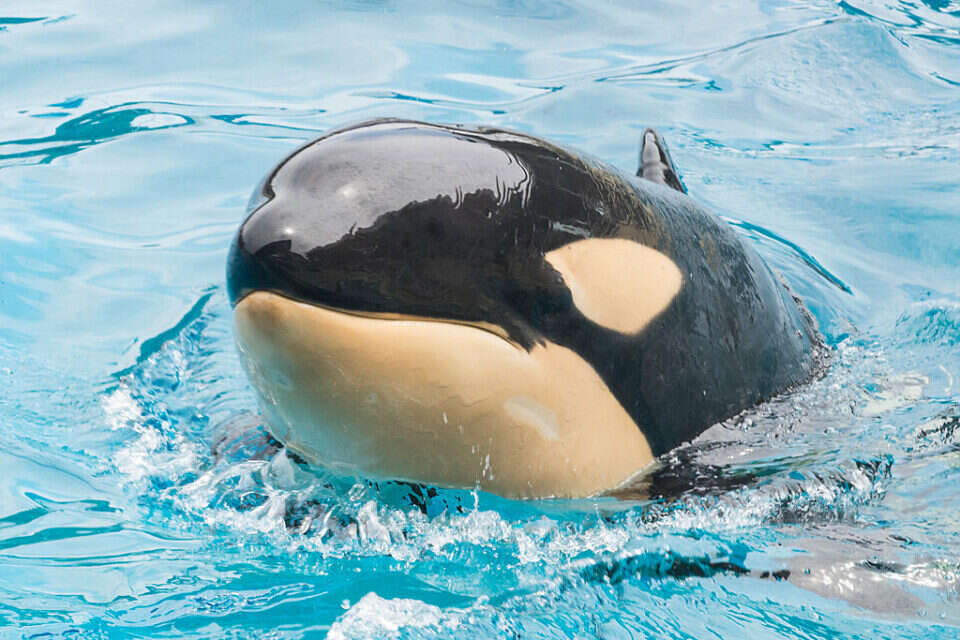The giant white shark is a name that arouses mainly fear and revulsion among humans – but now there is real concern for its fate, along with the possibility that at least some of the collisions between it and humans are actually the fault of the "orca" – the beautiful whales that gained fame and sympathy thanks to the "Free Willy" films. We used ChatGPT to explain how these things are related:
The Western Cape of South Africa is a 'hotspot' for white shark sightings. Skilled Cape Town "shark watchers," for example, reported over 300 sightings of these terrifying predators on eight beaches in 2011. However, since 2019, no sightings of such a shark have been recorded in the area – leading to growing concerns about the conservation status of these marine superpredators.
Despite the aversion and fear of them, great white sharks play a major role in marine ecosystems as leading predators, ensuring the balance of the marine food web. Their presence affects the behavior of other marine animals, affecting the structure and stability of the entire ecosystem, so it is very important to preserve them. Once they were found to be 'disappearing', marine biologists closely monitored these changes, to determine whether this decline in shark numbers in the Western Cape was indicative of a broader trend in South Africa's population, or whether the sharks had simply moved elsewhere.
The study revealed significant changes in shark numbers at major 'hunting' sites – but while some places saw a sharp decline, others showed stability, or even increases. Overall, the data indicate that the population of white sharks has remained relatively stable since they were declared a protected species in 1991.
If so, what causes the changes? Understanding the movement patterns of great white sharks is not an easy task. These predators can live for more than 70 years, and each stage of their lives comes with different behaviors. Environmental factors such as water temperature, moon condition, seasons, and food availability affect their movements. Climate change over extended periods may also play a role.
However, the researchers found a prime suspect: killer whales – the ones better known as orcas that look like fat black-and-white dolphins. Despite their positive image, they are actually super-predators, and some have been observed preying on white sharks and eating their livers. Recent incidents, such as the killing of great white sharks by killer whales in Mossel Bay, have caused the remaining sharks to flee the area.
The problem is that this migration has led them to areas with many beaches, and now it is possible that the 'wild' behavior of orcas will create more friction between sharks and humans. Therefore, South Africa is preparing for preventive measures, such as closing beaches or education on how to deal with sharks.
Wrong? We'll fix it! If you find a mistake in the article, please share with us

